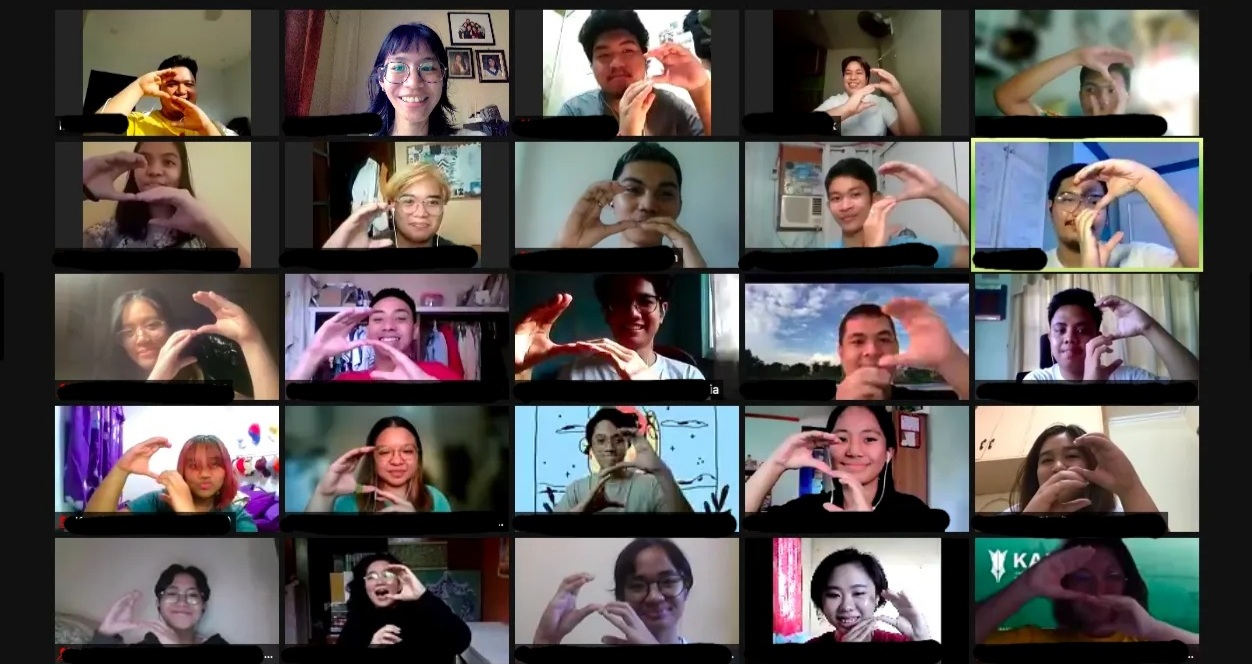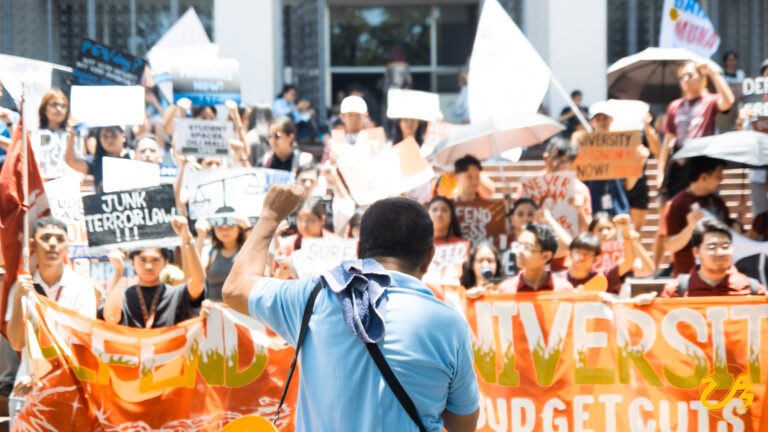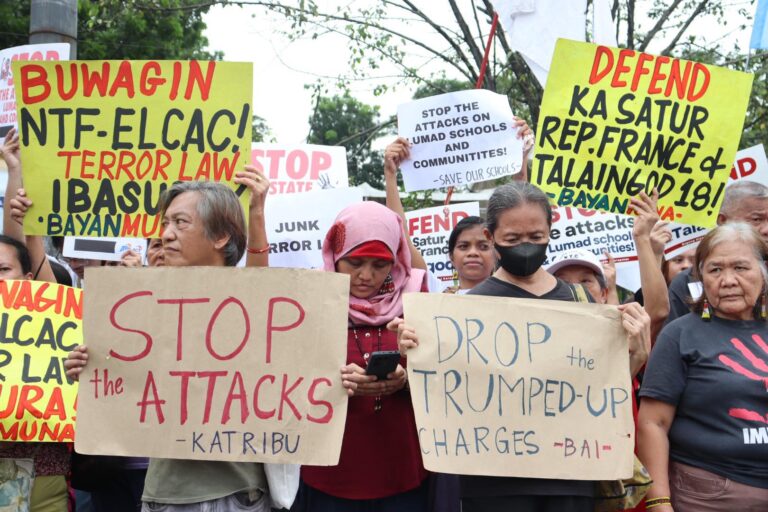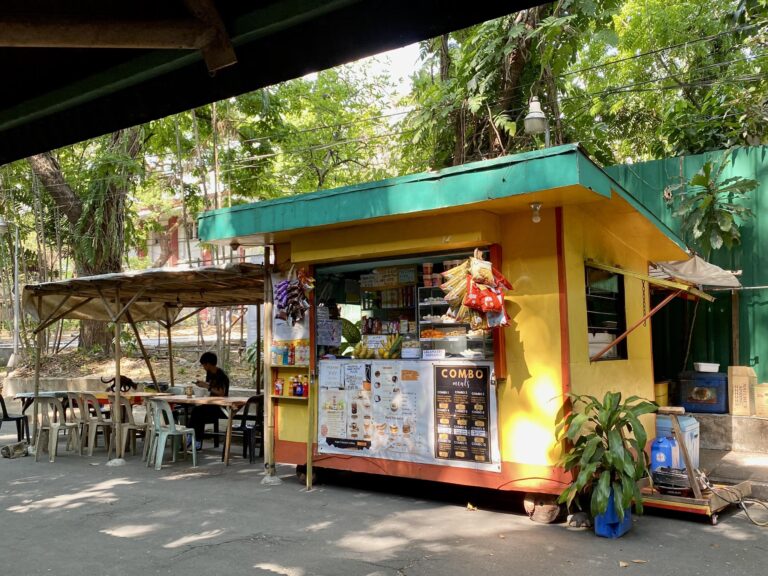
Campus publications from all over the University of the Philippines (UP) system have convened for the 2022 UP Solidaridad Congress. Each publication laid out its unit reports, delving into their prevailing conditions and past experiences, particularly under the remote learning setup.
A total of six resolutions were passed, each characterized by the amplified call to defend press freedom and institutionalize support for campus press publications.
Setting unifying points
The online set-up has halted on-ground operations for campus publications, further incapacitating their machinery and reach to make critical reportage more accessible to the people.
Campus publications have reported issues on funding, logistics, and a noticeable common trend of a drop in active membership.
Student publications are funded by the university. Amid the online setup, however, institutional support has been scarce. UP Mindanao’s Himati has stressed that they have not received any funding ever since the abrupt shift to the remote set-up. The publication notes that the UPMin administration regards that no funding is necessary if operations are online.
For SINAG, the official student publication of the College of Social Sciences and Philosophy (CSSP), a concrete response from the college administration is yet to be secured. As previously reported, the publications’ funding is sourced from students’ Other Fees as indicated in the Computerized Registration System (CRS). The Publication Fee in CSSP costs P30. According to the dean, the Commission on Higher Education (CHED) is yet to distribute the funds.
KALasag, the College of Arts and Letters’ official student publication, investigated that even colleges with dormant publications did not halt the collection of publication fees. Student pubs raise inquiries on where the collected publication fees are being used.
Moreover, KALasag’s funding is sourced from P3 per student as per the allocated publication fee in the CRS. UP Soli asserted the necessity to raise the funding issues to their college’s student affairs offices.
“Ang usapin ng budget at burukrasya ay ginagamit lang na palusot. Kailangan niyong iassert na first and foremost pera niyo yan bilang student publication, hindi ng admin.”
Among UP’s campus press, a remarkably diminishing number of members for some publications were reported.
UP National College of Public Administration and Governance (NCPAG) – Umalohokan reported that they currently have a total of 10 members, including their editorial board. They stated that this has drastically affected their operations, leading to inconsistencies in their reportage.
Meanwhile, UP Tacloban’s UP Vista also reported that the majority of its members have gone inactive. Because of this, the publication decided to elect their new editorial board in lieu of the editorial exam. UP Vista also lacks new applicants or members as they have not opened applications since 2020.
The College of Education’s official student publication, SULÔ, reported that their editorial board remains to have four vacancies, which are still yet to be filled due to their lack of manpower. Despite an increase in staffers in 2020, some have resigned due to their academic responsibilities.
Campus publications are also vulnerable to the heightened attacks of the Duterte administration against its dissenters.
Because of their militant reportage, state forces have targeted, abused, and illegally detained several campus journalists, like the case of former UP Vista editor-in-chief Frenchie Mae Cumpio’s arrest last February 7, 2020, and the police’s attempt to snatch a UPLB Perspective staffer’s camera while covering the Southern Tagalog Pride Protest last June 2021.
Yet, the campus press’ critical reportage did not cease despite the limited remote learning setup and state attacks, as UP Cebu Tug-ani reported a consistent coverage on the arrest of the #Cebu8 last June 2020 and the privatization of the Carbon Public Market.
As an alternative press, campus publications also take on the mandate to expose the state’s atrocities, oppose them, study them, and make the analysis accessible and comprehensible to the people. As such, campus publications are at the forefront of organizing their readers to act against the oppressive state in their midst.
“Mahaba ‘yung kasaysayan ng midya sa Pilipinas. Kayo ngayon ‘yung present na generation. Nasa kamay ninyo ang pagpapatuloy ng ganitong radikal na diwa sa kongkretong kondisyo na inyong makakaharap,” Prof. Karlo Mongaya stated in his discussion on the radical press movement.
Despite the struggles, numerous victories were also reported. For instance, the Philippine Collegian stated that they had an increase in staffers last September. The publication also joined forces with fact-checking organization Akademiya at Bayan Kontra Disimpormasyon at Dayaan (ABKD).
Meanwhile, the Union of Journalists of the Philippines (UJP) cited a huge reach on their “Break Free” commemoration of the Ampatuan Massacre; whereas Tinig ng Plaridel pointed out their vocal involvement in calling for the junking of the Anti-Terrorism Law (ATL).
UPLB Perspective has also re-established its Paaralang Roger Sese which is a series of journalism skills training, now open to the public. Their reach also widened as some staffers were able to assess the situation in areas outside Laguna.
In the better assertion of the campus press’ demands, each issue was taken into account as author publications presented resolutions to vouch for and craft stronger campaigns.
Solidifying solutions, strengthening unities
Six resolutions were adopted by the body, each discussing salient issues in defending campus press freedom, ensuring institutional support, and building critical campaigns.
The resolutions passed are as follows:
- A resolution for the crafting of the UP Campus Press Demands (authored by UPLB Perspective, Philippine Collegian)
- A resolution urging UP Solidaridad to proactively combat disinformation and misinformation (authored by the Philippine Collegian, UPLB Perspective, KALasag, SINAG)
- A resolution to establish UP Solidaridad’s online circulation system of content among all Solidaridad member publications and writers’ organizations (authored by Himati, UPLB Perspective, KALasag, UP Cebu Tug-Ani, UP Baguio Outcrop)
- A resolution to resist red-tagging campaigns against journalists and media institutions, and to call for the decriminalization of libel (authored by UP Baguio Outcrop, Philippine Collegian)
- A resolution to strengthen the system-wide efforts in protecting campus publications from state-sponsored attacks and establishment of UP Solidaridad committee for press freedom (authored by KALasag, SINAG, UP Vista, Ang Tagamasid, The Manila Collegian)
- A resolution urging the UP administration to address the funding, security, equipment, and spaces (FSES) concerns of UP student publications, and directing all UP Solidaridad member publications to vigorously campaign in solving these concerns (authored by KALasag, SINAG, Tinig ng Plaridel)
The UP Solidaridad concluded, ensuring unities among member publications and asserting and living up to the radical press’ role amid intense crisis and state censorship — to arouse, organize, mobilize, and speak the truth to and for the people.
#Soli2022
#DefendPressFreedom
Featured image courtesy of SINAG.







